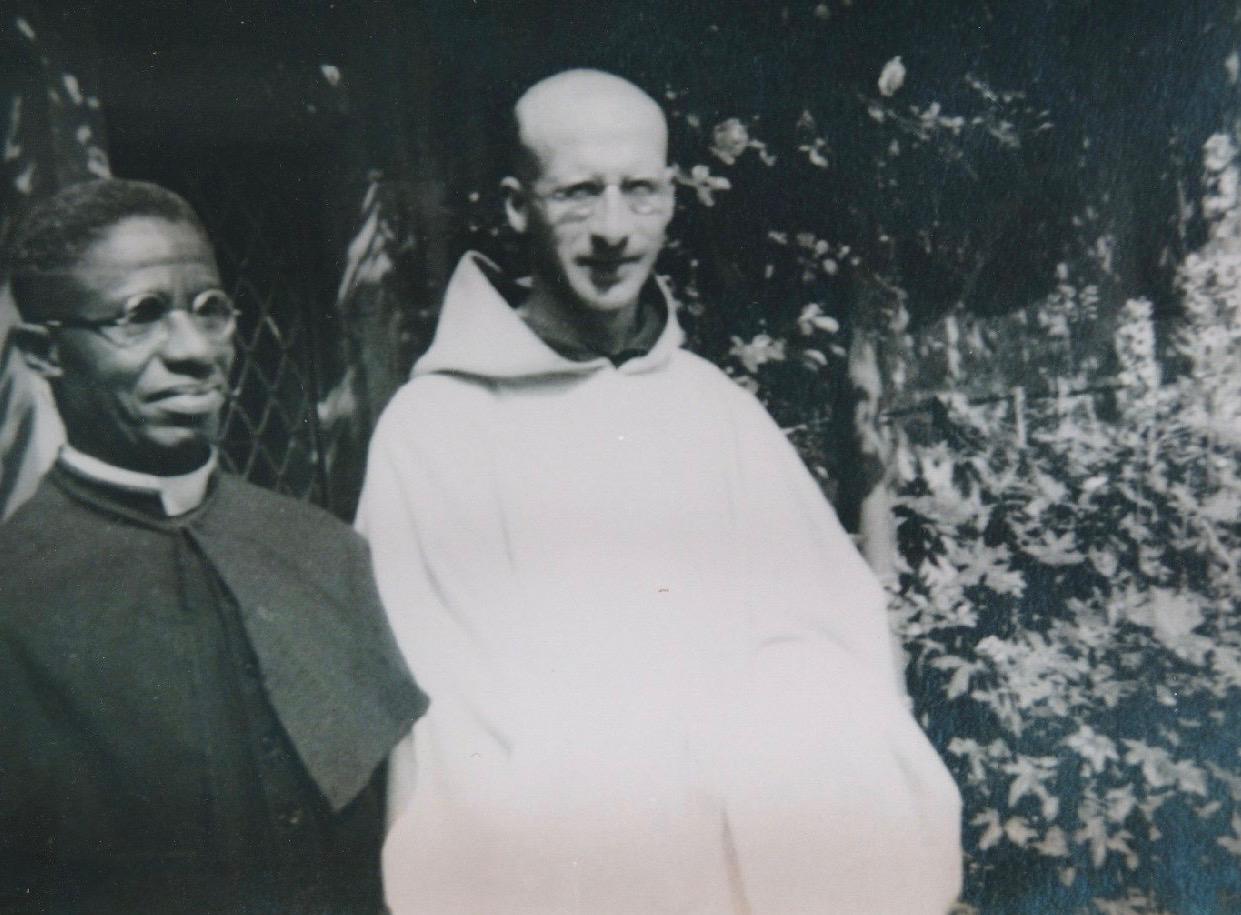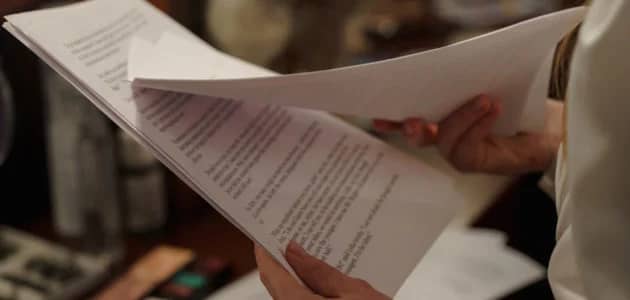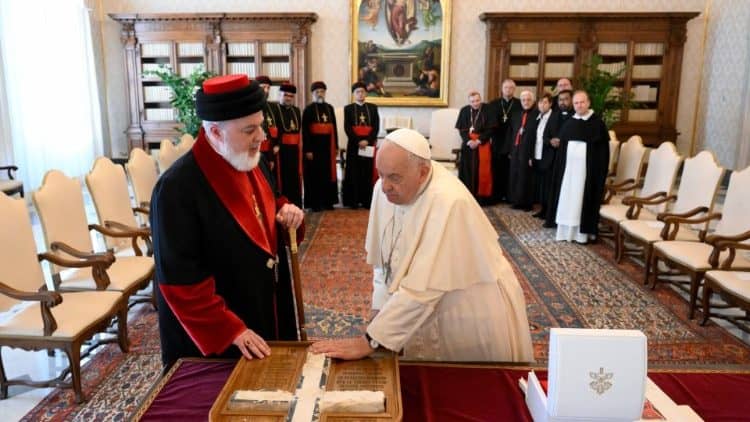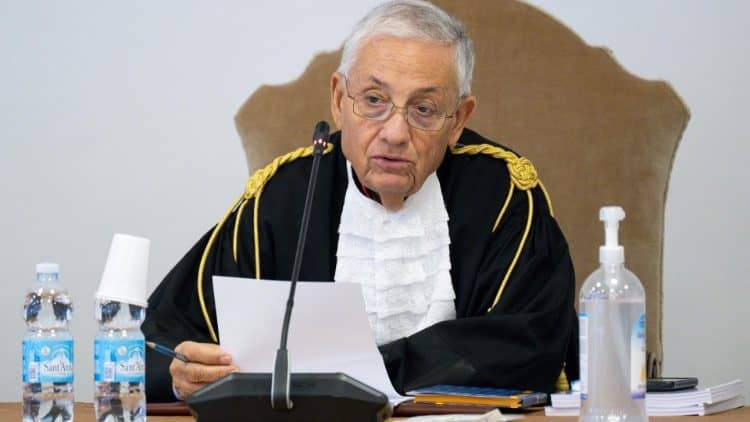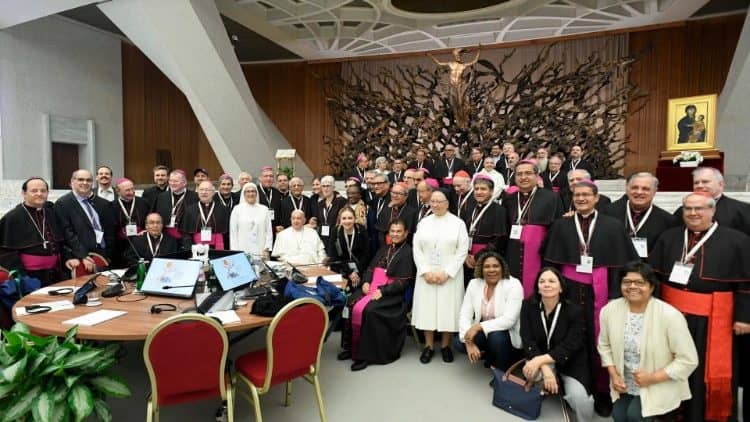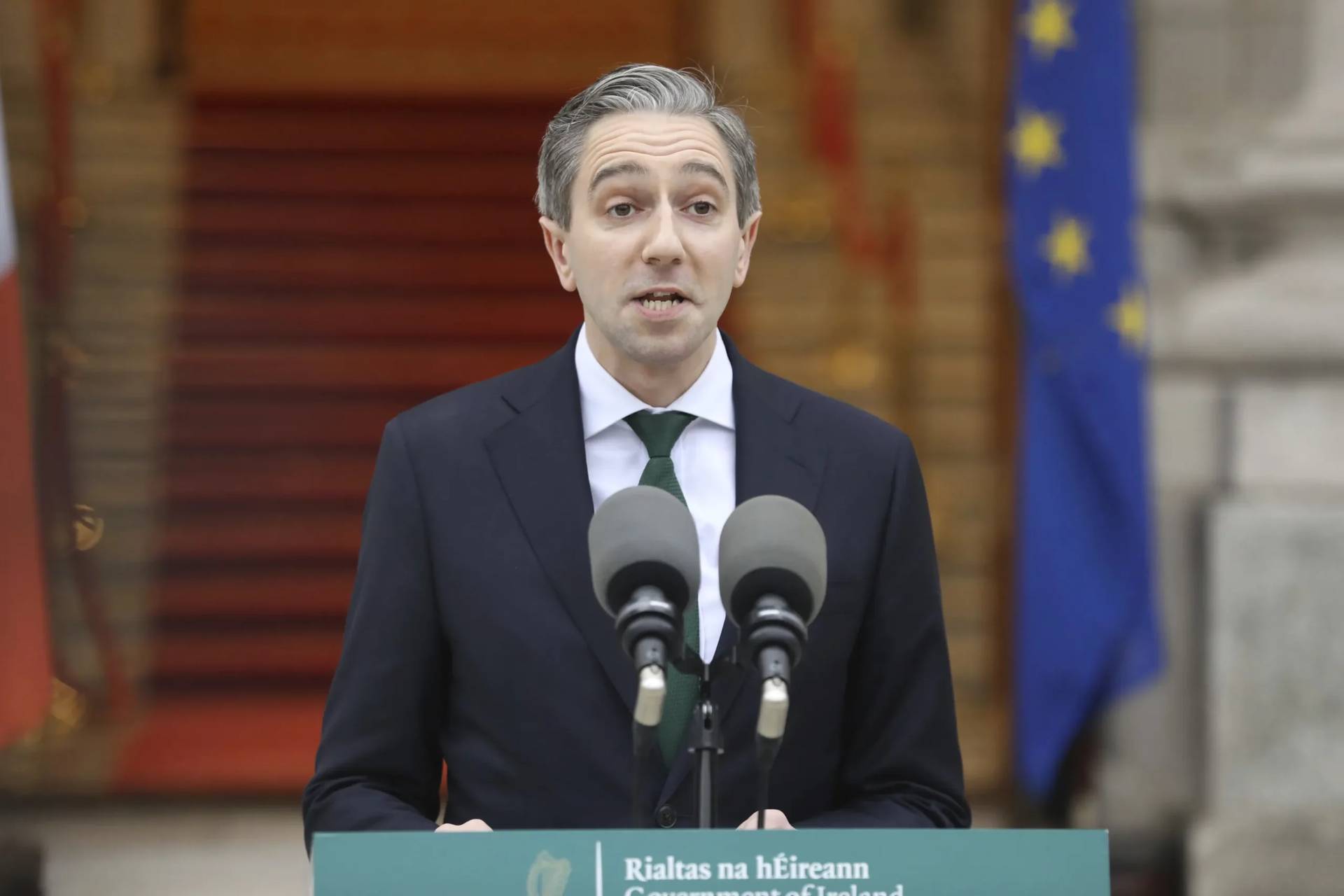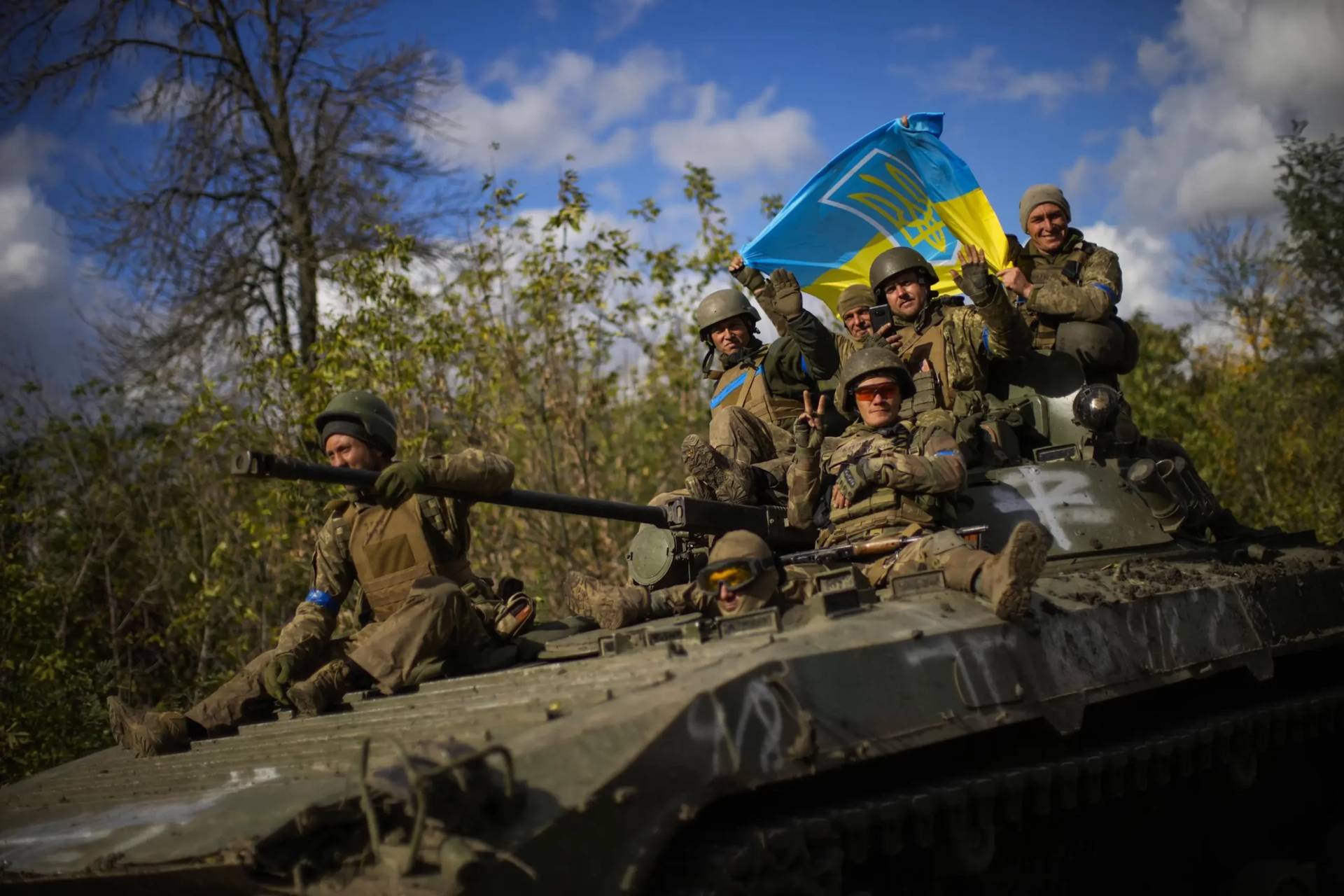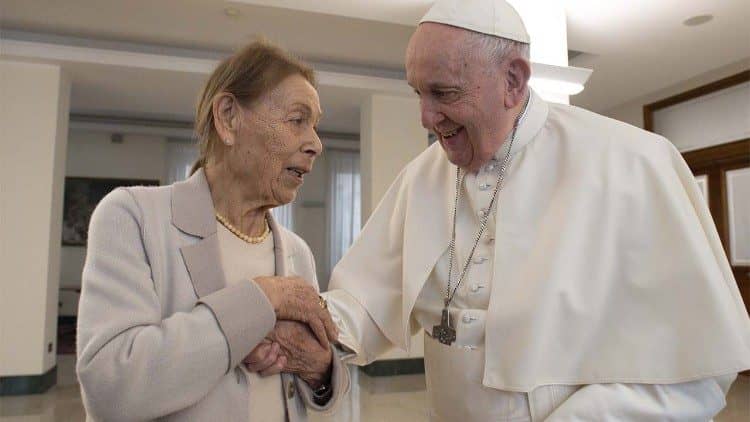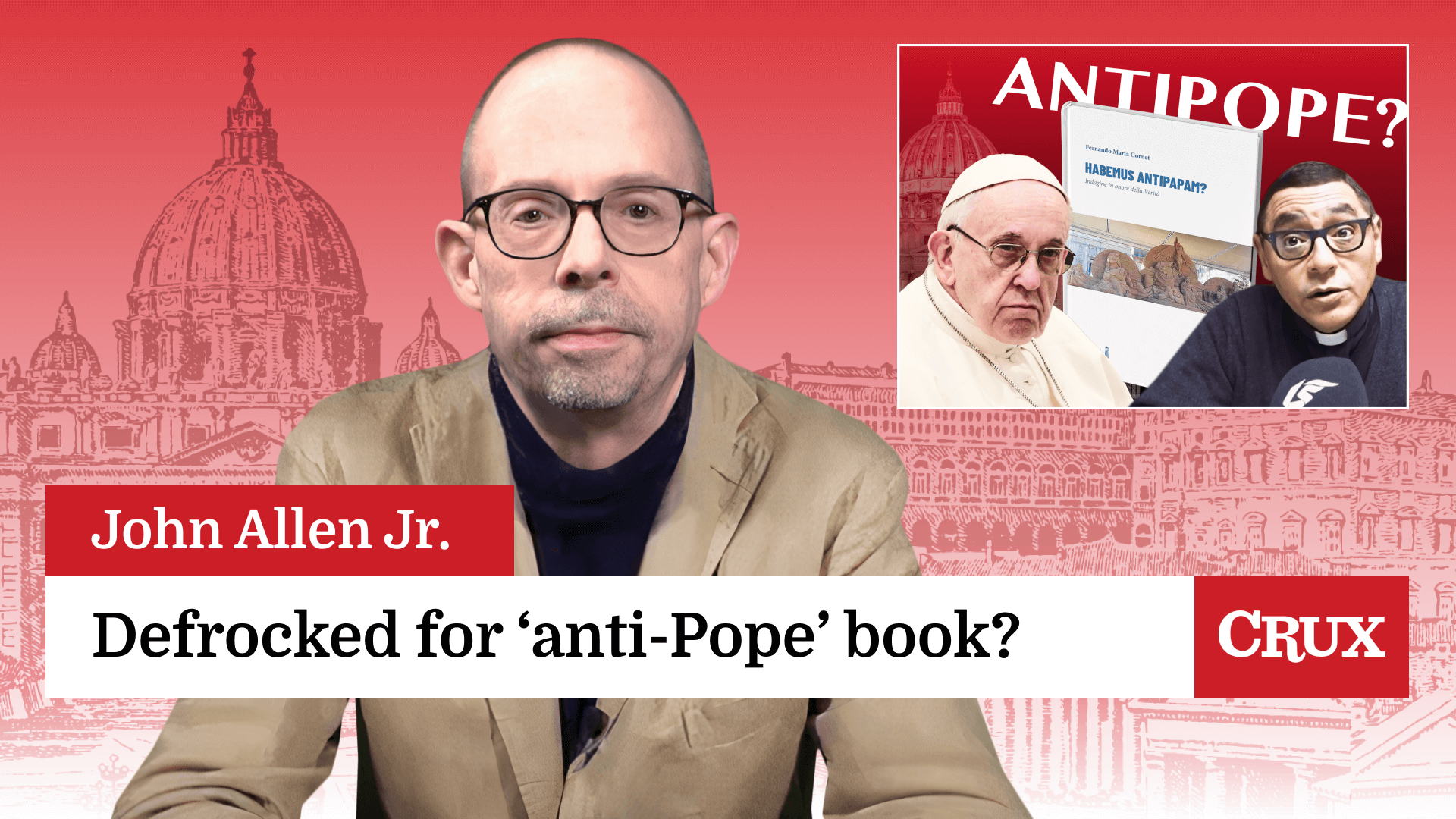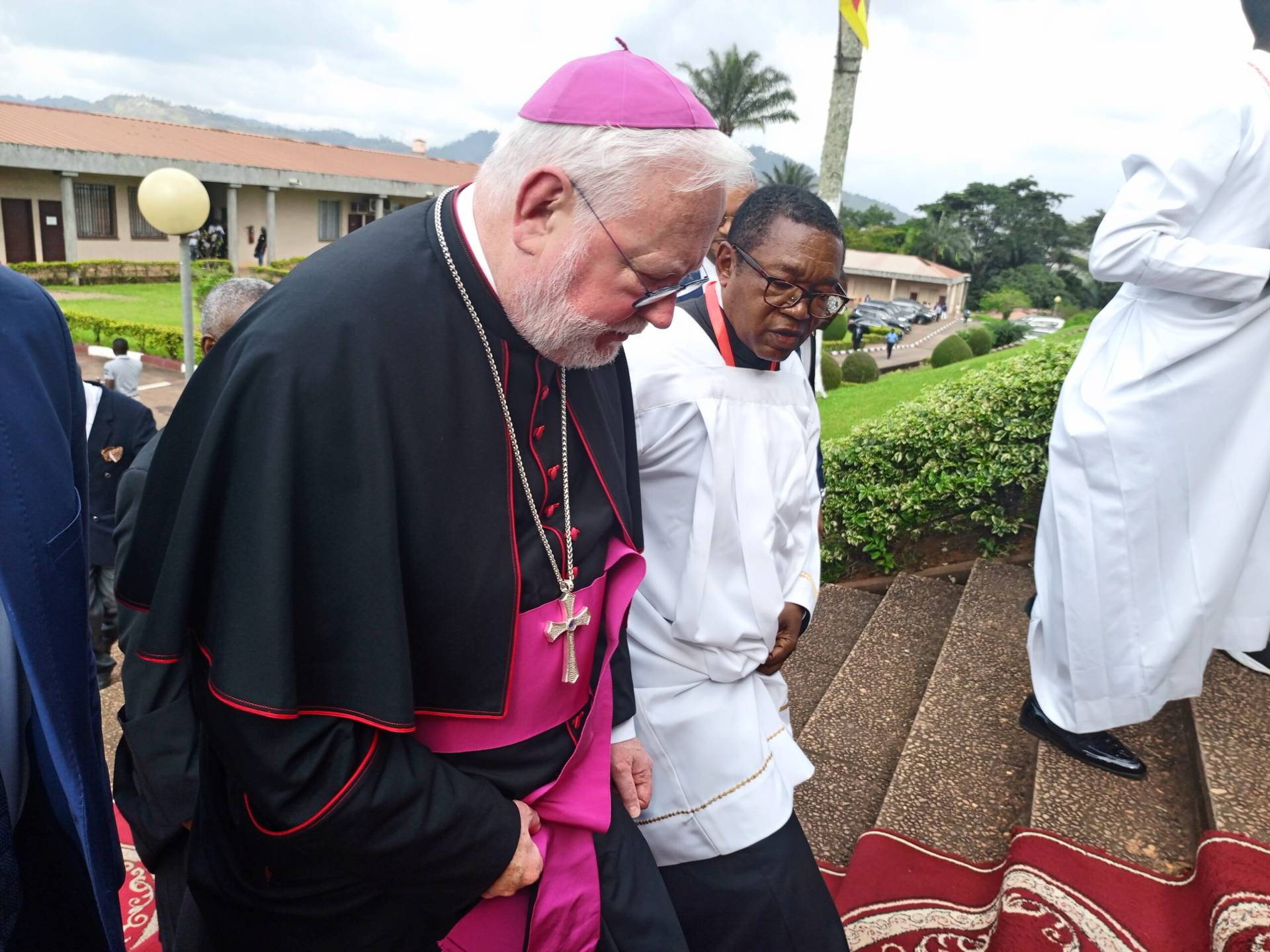LEICESTER, United Kingdom – When I was a kid in the 1980s, the BBC show, Connections, fascinated me. It aired on the local PBS station in the Texas town where I lived, and was about how various discoveries and events influenced modern and contemporary life in many surprising ways.
British science historian James Burke spoke, for example, about how the use of gold as currency led to the growth of cities and the exchange of technology, which led to the development of the shipping industry, which now connects people all around the world to each other in global trade.
Another episode began with astrology, showing how that study helped influence the development of clocks, and how that contributed to the development of the modern construction industry with its production line.
In short: Unseen Connections. It’s a point with relevance for the current Synod of Bishops in Rome too, which is wrestling with the theme of “decentralization” in an era in which such unseen connections across national and regional lines are increasingly consequential.

This came to mind recently when scheduling a hospital visit to the Leicester Royal Infirmary for an eye exam. I’ve had limited peripheral vision since my stroke last year and I see “floaters” in front of me, too.
The Royal is the hospital to which first responders took me when I had my stroke, but the doctors there immediately saw I needed brain surgery and sent me to the Queen’s Medical Centre in Nottingham.
RELATED: One year after the stroke, the Managing Editor of Crux looks back
The Royal, I did not know and only recently learned, is also where Blessed Cyprian Michael Iwene Tansi died in 1964, suffering from an arteriosclerosis and a ruptured aneurysm.
(Strangely enough, I also had an aneurysm in my arterial system after my stroke, and had vascular surgery as well. The medical staff at the hospitals surely saved my life, but Crux readers will not begrudge me the tiniest suspicion Blessed Cyprian had a hand in the business, too.)
Tansi is the most recent person to die in England who has been beatified, but he was born in Nigeria and came to Leicestershire in 1950 to join the Trappist abbey of Mount St. Bernard. The plan was for him to return to his homeland to found a monastery there, but God had other ideas.
Tansi is widely venerated in Nigeria. Nigerian Cardinal Francis Arinze, who had been taught by Tansi in the mid-20th century, championed his countryman’s cause.
I, too, am an immigrant to the United Kingdom. Originally from Texas, I worked at the Vatican in Rome for 15 years (where I met Arinze several times, owing to my previous occupation.) My wife, who was working in Rome when we married, is originally from Leicester. We moved to her home city after our children were born.
In the years since Tansi’s death in 1964, Leicester has become a very ethnically diverse city and a home for many immigrants, myself among them.
So, the connections James Burke highlighted over 40 years ago are also present in the Church.
England has a history of complicated encounters with the Catholic Church.
Christianity came to what is now England in the 200s, when the Roman Empire ruled much of the island. Christians suffered after the Romans abandoned the place to pagan Anglo-Saxon invaders in the 5th century. At the end of the 6th century, however, Pope St. Gregory the Great sent a monk from Rome to Kent.
That monk converted the Saxon king, Aethelberht, and England became a Catholic nation, long story short. The monk’s name, in case you haven’t guessed, was Augustine, and we venerate him today as Augustine of Canterbury, Apostle to the English.
Fast forward to the heady days of the 16th century, when King Henry VIII made his split with the Catholic Church and formed the Church of England.
Eventually, the Church of England spread throughout the world when the British Empire ruled a quarter of the globe, including parts of what is now the United States, as well as Tansi’s original home in Nigeria. By the 1800’s, the Anglican Church was less oppressive against Catholics, and missionaries both Anglican and Catholic arrived through the British empire. Catholic churches exist in almost all of Britain’s former territories, in fact, and many of their members have immigrated to England.
My own parish in Leicester has members whose families come from India, the Caribbean, Africa, and of course Ireland. This may include myself: My last name is Collins, after all.
I think about these connections as the Synod on Synodality trundles on, with much of the talk turning about the decentralization of the Church.
In England – especially in a city like Leicester – it is difficult to be “decentralized” when the Church is so international. Is the “English Church” really something that can be separated from its South Asian, African, and — yes — even American members?
The United Kingdom is an especially great picture of the problems “decentralization” faces on several levels.
Take the fact that the United Kingdom actually has three episcopal conferences. The Catholic Bishops’ Conference of England and Wales is one. The Catholic Bishops’ Conference of Scotland is another. Northern Ireland, which is part of the UK, is a member of the Irish Bishops’ Conference encompassing the entire island.
The British Empire spanned the globe, and the Catholic bishops from most of the former British colonial and imperial holdings — on every continent and on specks of land in every ocean — are connected in various ways and in varying degrees to each other.
Similar connections also exist for Catholics and their Churches in former Spanish colonies, the French-speaking areas around the world, even the former parts ruled by Portugal.
It is a reminder that the Catholic Church is universal, not only theologically but owing to the realities of history.
Blessed Cyprian Tansi achieved his goal, I should mention. His mortal remains returned to his native Nigeria from Leicestershire in 1986, at last fulfilling his original goal in his life and — perhaps —showing how these “Connections” happen in the Church.
Follow Charles Collins on X: @CharlesinRome
